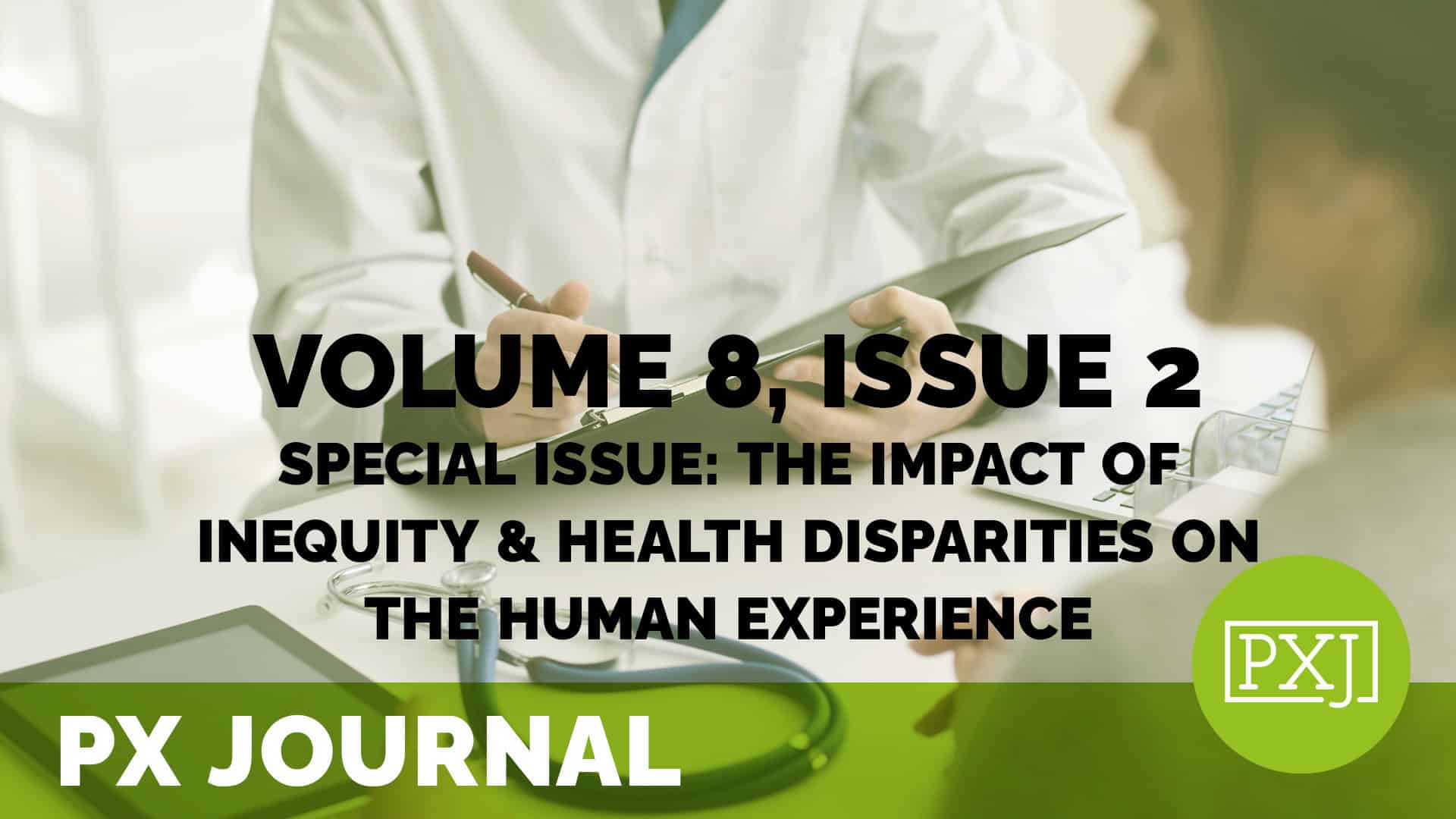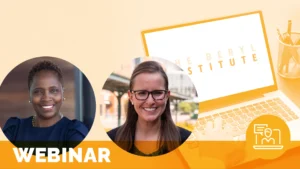Moving from talk to action: A commitment to ensuring equity must ground our efforts to transform the human experience

When we first introduced the call for submissions for this special issue last August, we were still churning in the first wave of the COVID pandemic. Just three to four months from the start of an unending rash of unexpected and harsh realities that we were faced with in healthcare and in society at large, we too found that the moment was revealing all the weaknesses and wounds that had existed in the foundations of the healthcare system from well before the pandemic hit. Our own research at The Beryl Institute in 2020 reinforced a quiet reality: that people do experience discrimination in healthcare. In fact, 35% of Black Americans reported experiencing some sort of discrimination often or sometimes,1 and this unquestionably has an impact on their care. The challenges that healthcare has long faced in ensuring equitable access, care, treatment and outcomes were only further laid bare by the crisis. And there is still much work to do. The road that led to this Special Issue reveal that truth and the articles shared on these pages confirm it. But they too show us seeds of possibility, that when we focus on what is right for all who healthcare aspires to serve, then we can truly achieve the greatest in human experience for all. And that is exactly what every person ultimately deserves.
Related content
-
 Culture & Leadership
Culture & LeadershipBroaden the Scope of What You Consider Experience
Stacy Palmer, Senior Vice President & COO of The Beryl Institute, sits down with Pattie Cuen, Senior Vice President of Jarrard Inc., to discuss a recent consumer survey about public values in healthcare experience. Listen in as Cuen shares key insights and emphasizes the importance of seeing the bigger picture of experience by focusing on
Learn more -
 Culture & Leadership | Quality & Clinical Excellence | Staff & Provider Engagement
Culture & Leadership | Quality & Clinical Excellence | Staff & Provider EngagementRemediation Strategies to Reduce Shame and Stratify Support for Providers in Patient Experience
This webinar will review evidence regarding remediation of communication skills in healthcare providers, shame in healthcare, and how the two intersect. The experience at our institution includes two pilot programs designed for providers and entire clinics with suboptimal patient experience scores. We will present stepwise strategies, lessons learned, and qualitative and quantitative data that are
Learn more -
 Culture & Leadership | Innovation & Technology | Staff & Provider Engagement
Culture & Leadership | Innovation & Technology | Staff & Provider EngagementHuman-Centered Leader Rounding: Using Generational Insights and Personalization
Explore how healthcare leaders can design and adapt their rounding processes to cater to different patient and employee generations, combining generational data with a personalized approach that is specific to the individual. The discussion will focus on personalized care, communication preferences, and bridging generational gaps in expectations through a human-centric approach that prioritizes empathy and
Learn more
